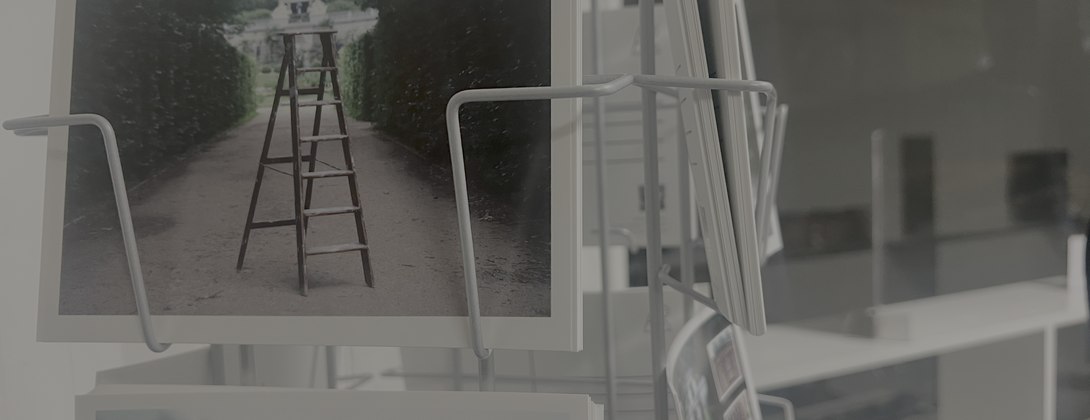What is the purpose of participation? Who fears instrumentalisation? This session is dedicated to revisiting the dichotomy between intrinsic and instrumental value.
The accelerating climate and ecological crises demand societal transformation on an unprecedented scale. In response, large funding programmes such as Horizon Europe have been designed to focus on missions that address these challenges, such as adapting to climate change, fighting cancer, restoring oceans, building carbon-neutral cities, and preserving soils. This mission-oriented approach challenges traditional hierarchies of knowledge and expertise. It requires collaborative, cross-disciplinary research and opens up the research activities to broader engagement. Values such as participation, inclusion and beauty have been proposed as guiding principles.
However, the mission-oriented approach and the New European Bauhaus have raised concerns about academic and artistic freedom, as well as the prioritisation of applied research over other forms of knowledge production. There has also been a shift in evaluation criteria towards societal impact as opposed to an exclusive focus on excellence. This shift raises questions about the regimes of impact assessments, particularly in the context of participatory or artistic research.
Two key concepts — instrumentality and impact — are central to understanding the tensions and opportunities for participatory and artistic research within these evolving frameworks.
In an era marked by climate crisis, surveillance capitalism, and the rapid development of AI technologies, one could argue that there is no alternative to instrumentality and instrumentalisation.
Conversely, art, beauty, participation and inclusion are held up as leading principles for a wide range of research projects. But what impact does participation have on the quality of the process, and what value does it add? The same question can be asked about art. Does insisting on intrinsic values render contributions null and void? Does the outcome of participation or the quality of the artistic contribution matter?
Dan Dubowitz is Reader in Architecture and the International Lead for Manchester School of Architecture




